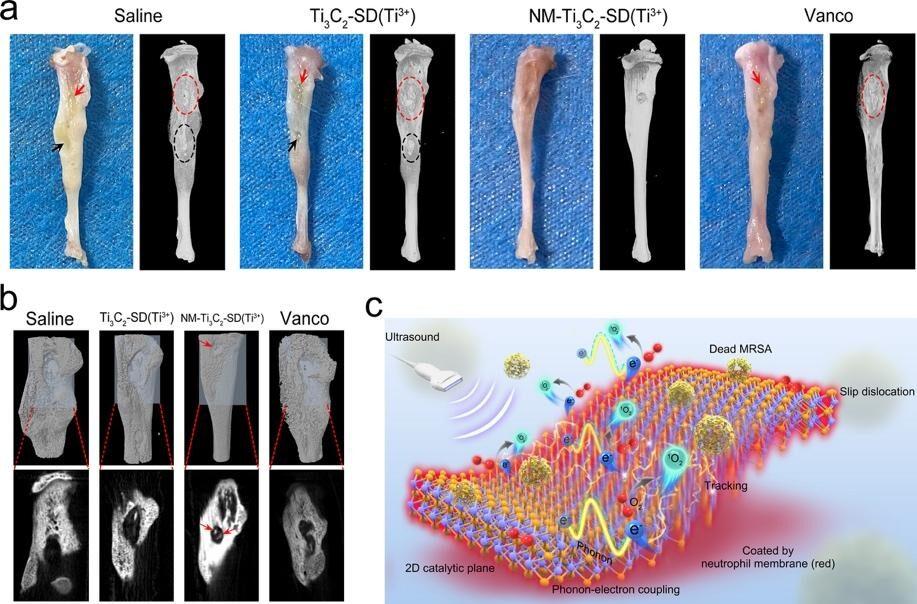When it comes to the harmful effects of stooped posture, people usually associate the condition with body shape and image. However, a new study has found that stooped posture is closely related to cognitive decline. A Japanese research team has shown that the degree of spinal imbalance is strongly correlated with cognitive ability in the elderly. The results of the study were published in May in Scientific Reports, an online journal from the publishers of Nature.
Shinshu University researchers recruited 411 participants, aged 50–89 years. The group included 202 men and 209 women. Study participants were divided into various age groups and were given cognitive assessments and simple mental status tests. The sagittal vertical axis (SVA)—the vertical alignment of the body—of participants was measured, with higher SVA values indicating more severe spinal deformity. In lay terms, the study examined whether participants stood up straight or not, and if not, to what degree their posture was stooped.





